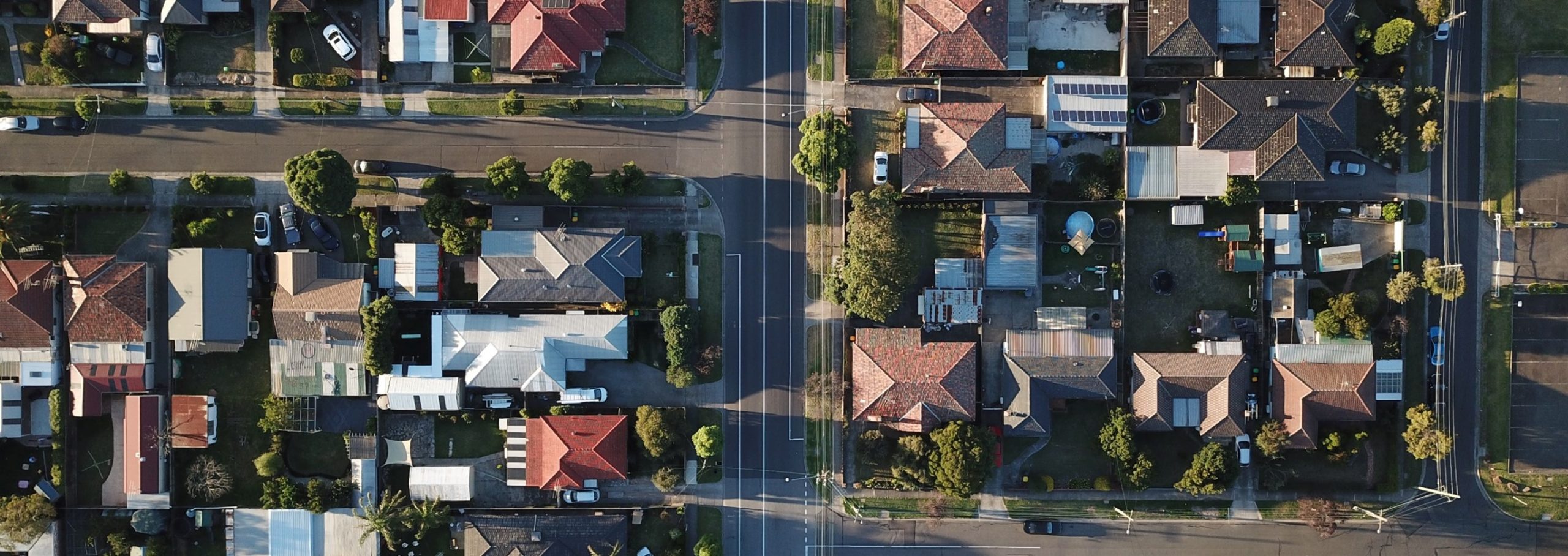Smarter Safer Homes Dementia and Aged Care Services project
Smarter Safer Homes (SSH) is a lifestyle-based technology platform to enable older people to live in their own homes longer.
The challenge
Many older Australians prefer the option of staying at home as they age.
Remaining in your own home can be beneficial, as long as appropriate support is in place.
We’re looking at innovative ways of employing technology to support older people to live at home. The goal is to ensure appropriate care and safety measures are provided to achieve a positive quality of life.
Any solutions developed to support older people need to be validated to demonstrate evidence.
Our response
We developed the Smarter Safer Homes (SSH) smart home platform.
The platform uses sensors in participants’ homes to measure, light, temperature, humidity and more. To ensure privacy of the participant is maintained, no sound or images are recorded.
The sensors capture an individual’s profile of activities of daily living. This information can be used to determine their personal level of functional independence or ability.
SSH includes a monitoring system, a cloud computing server, and a client module with a tablet app, a family portal and a service provider portal.
This project aimed to validate the capacity and benefits of SSH platform to enable older people to self-manage their lifestyle and allow aged care providers to support their clients to live functionally independently in their own home.
To do this, we undertook a randomised control trial among three aged care providers in both metro and regional settings in Queensland.

Smarter Safer Homes can help people with dementia stay in the comfort their own homes longer
Benefits
There were 195 people enrolled in this trial, with 98 homes installed with sensors (97 controls).
The results are positive.
For older people living with SSH, the social care related quality of life decrease was 10 times less than the control group, who experienced usual care.
Participants in the trial loved the safety and comfort it provided them and their families.
Service providers reported the ability to adapt service earlier and be more responsive to clients’ needs as they were identified through the technology.
The Australian e-Health Research Centre (AEHRC) is CSIRO's digital health research program and a joint venture between CSIRO and the Queensland Government. The AEHRC works with state and federal health agencies, clinical research groups and health businesses around Australia.
